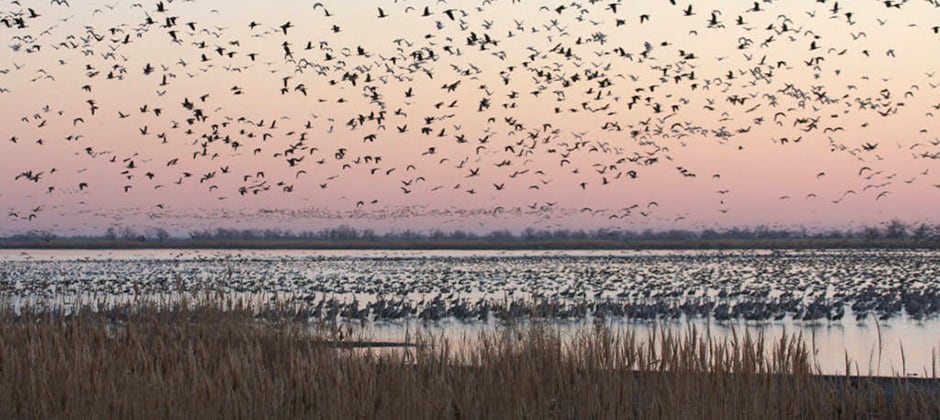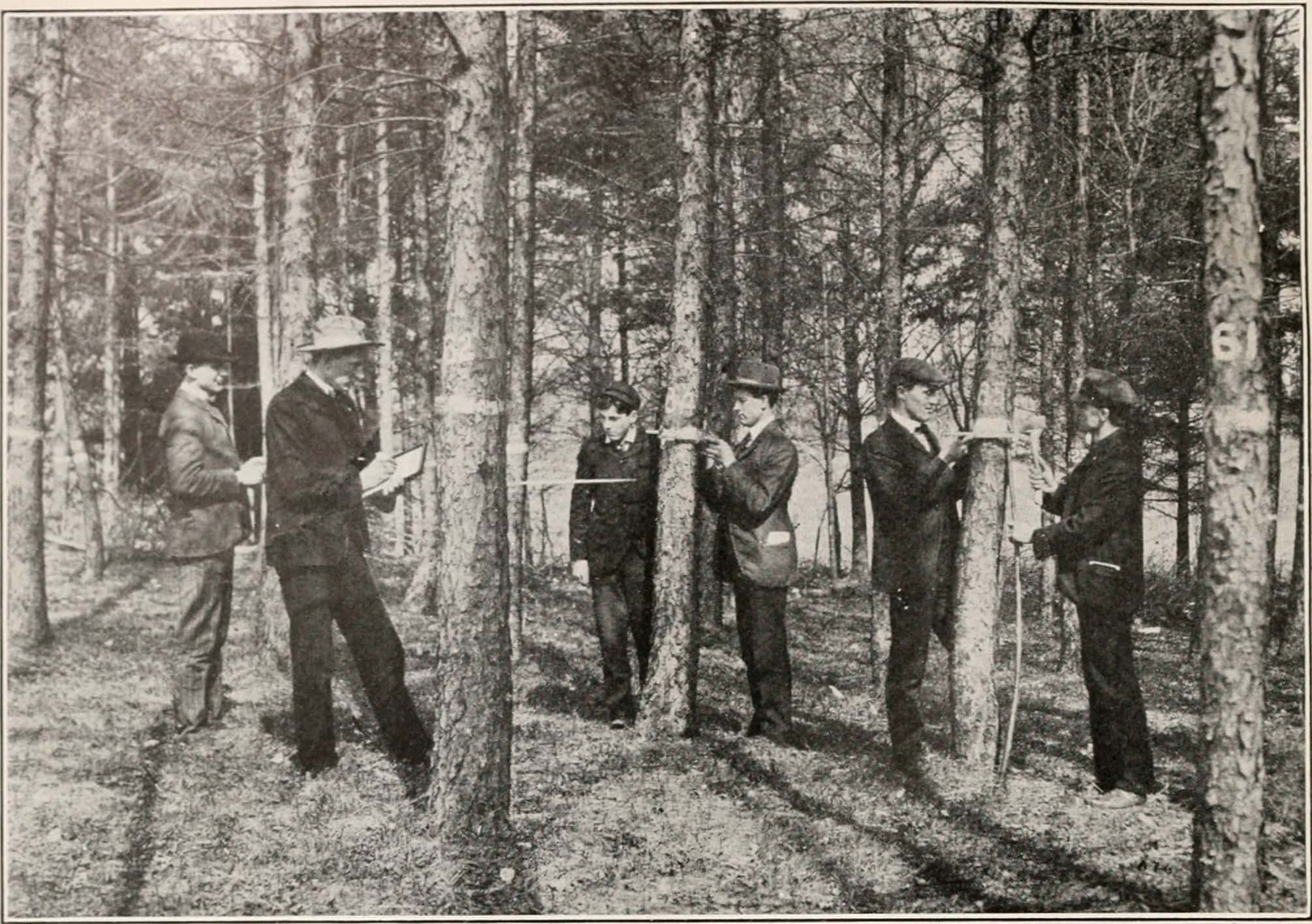Share this article
The Wildlife Society comments on migratory bird rule
The Wildlife Society recently expressed concerns about the new interpretation of the Migratory Bird Treaty Act, which indicates that non-intentional, incidental take and killing of migratory birds is permitted under the act.
The Society submitted written comments to the U.S. Fish and Wildlife Service in response to a proposal by the agency codifying the 2017 opinion by the Department of the Interior’s Solicitor.
The Wildlife Society is concerned that the new interpretation limits the nation’s ability to uphold obligations under the 1916 Migratory Bird Treaty and restricts the ability of wildlife professionals to sustain and conserve migratory birds and their habitat.
The Migratory Bird Treaty Act of 1918 protects over 1,000 migratory bird species across the United States by making it illegal to take, possess, import, export, transport, sell, purchase, barter or offer for sale, purchase or barter, any migratory bird (or part of one), or a migratory bird nest or egg, without a valid permit. The U.S. Fish and Wildlife Service, which enforces this law, defines “take” as to “pursue, hunt, shoot, wound, kill, trap, capture or collect, or attempt to pursue, hunt, shoot, wound, kill, trap, capture or collect.”
The proposed rule would codify in regulation the administration’s new interpretation that the law only applies to the intentional take of birds. Until now, the MBTA has been interpreted as having the authority to prohibit both the intentional take of migratory birds and their accidental — or incidental — take. Under the new rule, activities that accidentally harm or kill migratory birds no longer violate the MBTA.
The Society requested that the Department of the Interior rescind the proposed rule and renew the department’s longstanding interpretation of the act.
“We ask that you rescind this proposed rule and revert to the former interpretation of the Migratory Bird Treaty Act to uphold the spirit of the original treaty, recognize migratory birds as an international and public trust resource, and ensure science-based conservation and management of migratory birds,” the letter read.
Each year, approximately 64 million birds are killed by power lines, 5 million birds are killed by communications towers and nearly 600,000 birds by wind energy operations — all the result of what are otherwise considered legal business operations that will no longer fall under the jurisdiction of the MBTA. Continuing industry advances will adversely affect already declining species — 557 species of migratory birds protected under the MBTA are identified as Species of Greatest Conservation Need in state wildlife action plans.
The Wildlife Society also joined with partners to submit a joint letter to FWS, reiterating the same concerns. “The proposed rule is unsupported by the MBTA’s text and intent and contradicts later Congressional action,” the letter read. “The proposed rulemaking would be a historic and profound step backwards. It contravenes our treaties and law, and it unnecessarily harms our birds and the millions of people that benefit from them. We urge you to rethink this rulemaking, and to fully consider your responsibility for protecting birds as guardians of the public trust.”
Header Image: The Wildlife Society is concerned about proposed changes to the U.S. Fish and Wildlife Service’s interpretation of the Migratory Bird Treaty Act. ©Dan Severson/USFWS








